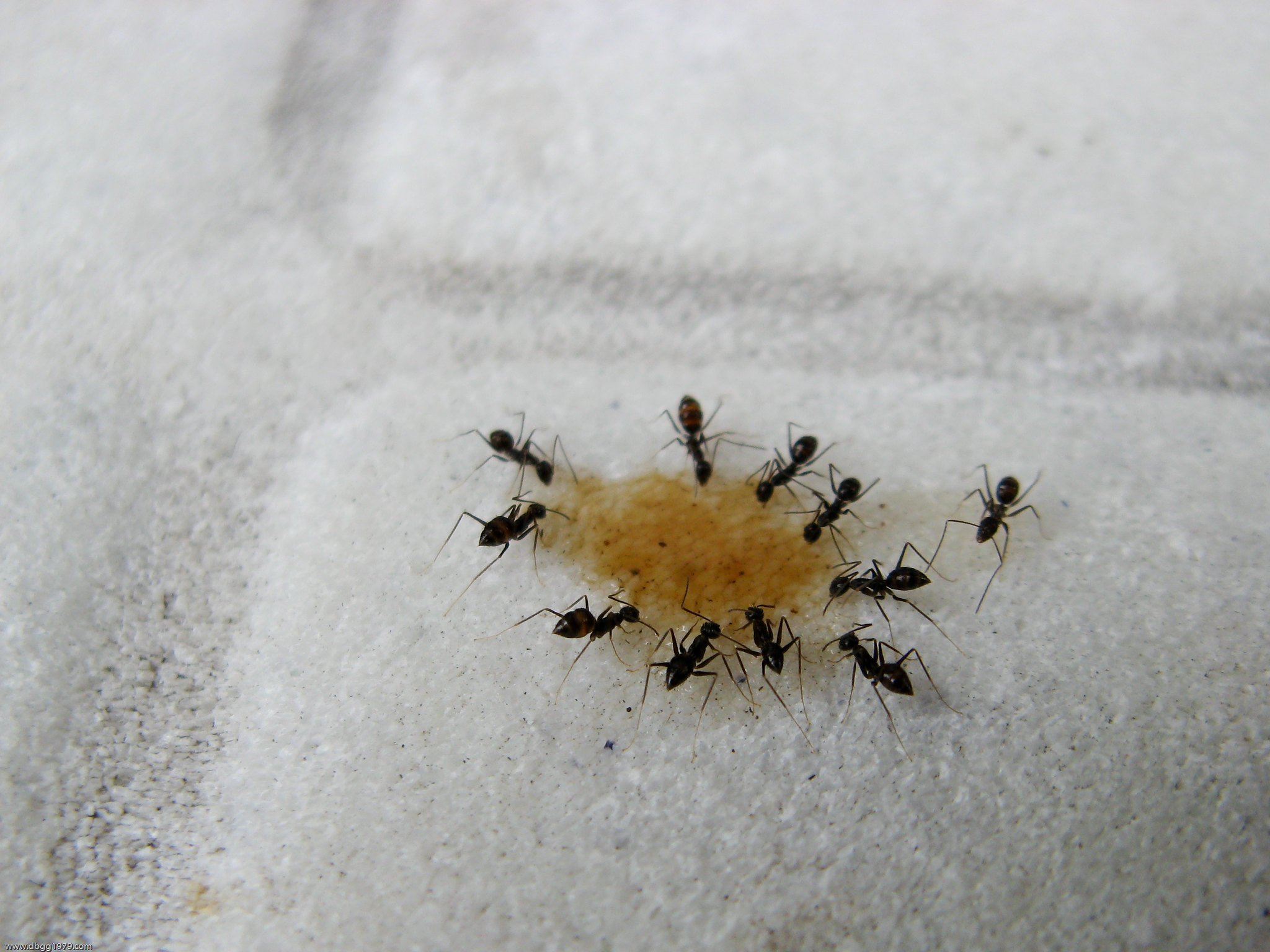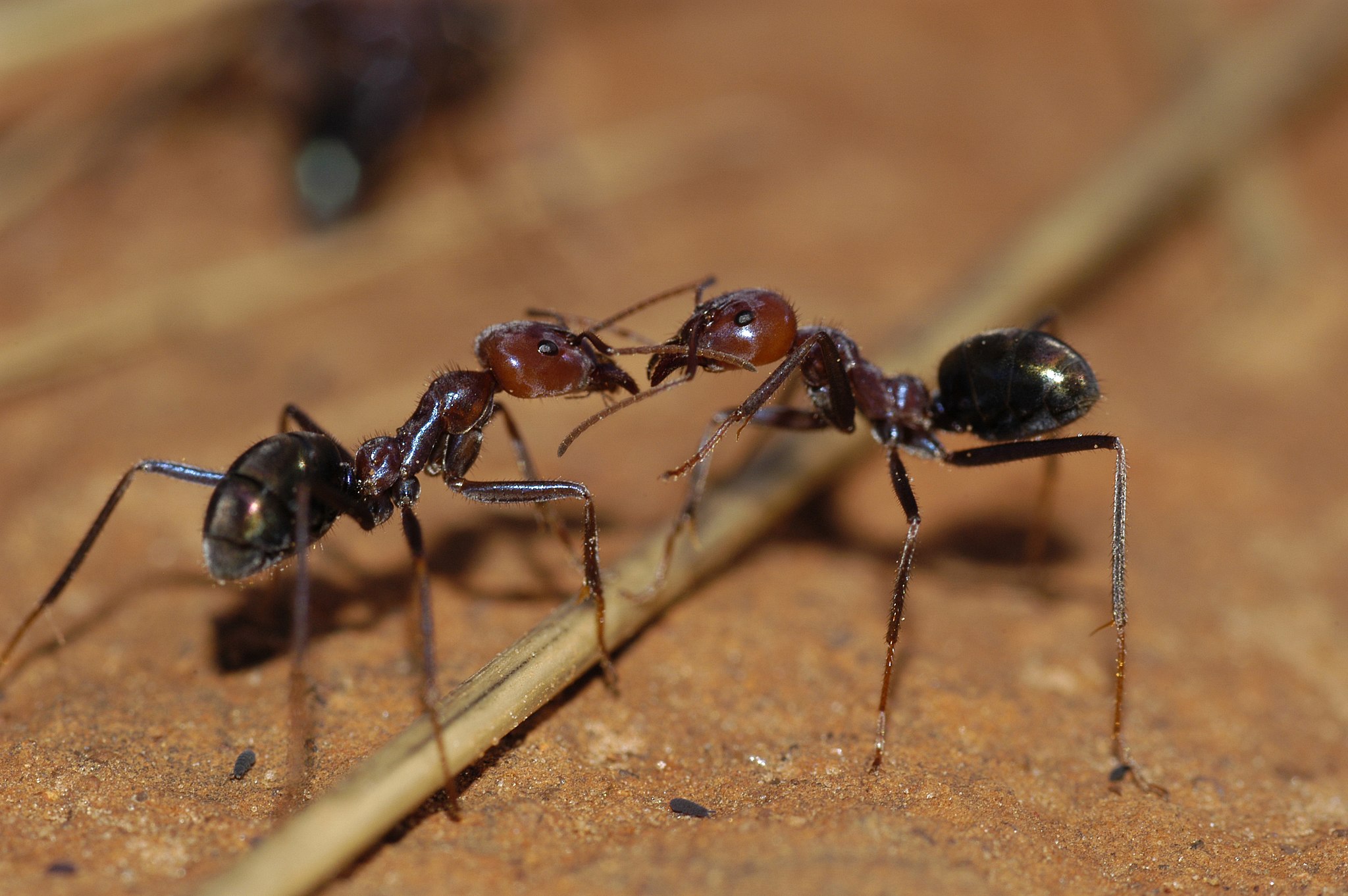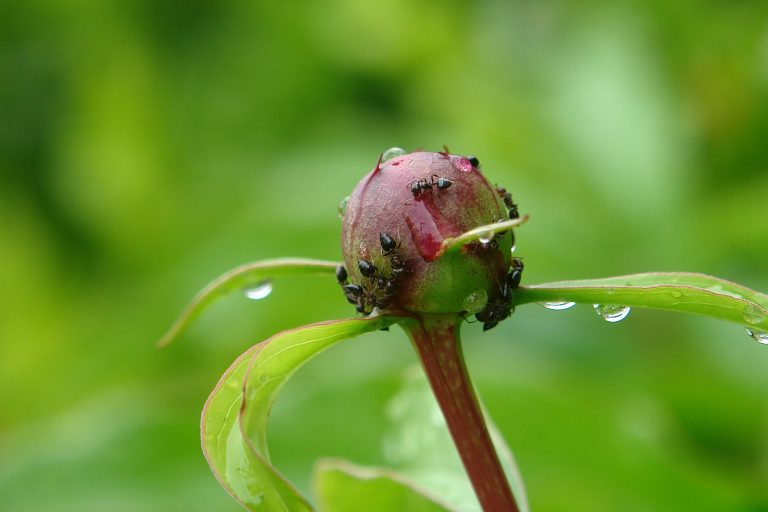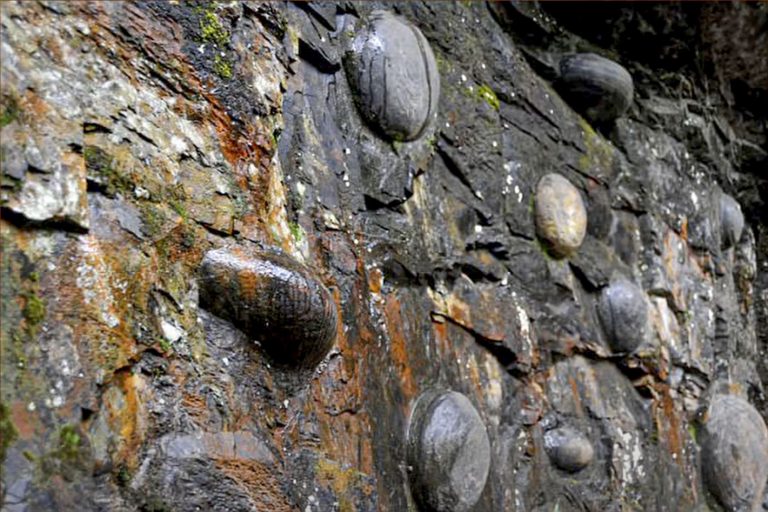According to the 24-term Chinese Lunisolar calendar, March 6 began the two-week period called Jingzhe, or the “Awakening of the Insects.” By now they are not only awake, but also hungry; so you may find ants entering your home this time of year in search of food.
Less than one week ago, our kitchen and dining room were crawling with ants. In about a half an hour I had wrangled up the vast majority. After a few hours there was nary an ant to be seen, and that remains the case today. How did I do it? This three-step process is safe, simple and effective.
Step 1. Find and remove attractants
Ants have a keen sense of smell, and any uncovered source of food will lure them in from outside. Sugars, fats and proteins are all just as attractive to ants as they are to us, so it is important to wipe up spills, sweep up crumbs, and wash your dishes in a timely manner. Pet food left out is like an open invitation, so only feed your pet one meal’s worth of food at a time.
It is likely that the ants are entering your home close to an attractive source of food. In my case, I was keeping a small container of produce scraps by the back door — ready to give to the chickens; and the ants were literally walking in the door like they owned the place. Once they were here, they explored the kitchen and dining room in their entirety.

Tips:
- If you collect compost indoors, keep it covered.
- If you throw food waste in the garbage, empty it regularly, and clean the bin weekly if it contacts food directly.
- Take care to dispose of the crumbs that collect in your toaster, and wipe the table after each meal.
- Sweep your most-used floors daily.
- Keep sweeteners like sugar, honey, and molasses in tightly sealed containers. (Years ago, I kept sugar in an old-fashioned dispenser like you find at a diner; until one day it was completely filled with ants!)
- Wipe up non-water spills with a mild vinegar solution to remove enticing scents.
- Keep your plumbing in good order. Leaky pipes or faucets provide a welcome source of water for ants.
Step 2. Remove the ants
The Buddha school teaches that everything has life. Imagine — even your notebook and eyeglasses have some sort of consciousness, let alone plants and animals! Harming anything will generate karma, which must be paid for through suffering. Thus, Buddhist monks would try their best to avoid doing any harm, since additional karma would make it that much harder to become enlightened.

Success
You are now signed up for our newsletter
Success
Check your email to complete sign up
Whether you believe in karma or not, there is another good reason to avoid killing ants. Ants are sophisticated communicators, and can send out both audible and chemical messages. When an ant is squashed, others will know it and come to its aid. Whether you look at it as direct karmic retribution or just throw up your hands in disgust, killing ants is sure to enhance — rather than diminish — your ant population.
Likewise, poison can cause a chain of unpleasant ramifications that are rarely considered. When you poison an ant, it rarely dies right there on the spot for you to dispose of it. Instead it takes the poison (disguised as food) back to its home, where it can poison lots of ants.
Say that “home” is in an old stump in your backyard… A woodpecker comes along and pecks out a poisoned meal. He doesn’t feel so good and is rather sluggish, so your cat catches him for lunch. Kitty gets sick and dies, your kids are heartbroken, your unprotected yard becomes overrun with rodents, and you have a whole new set of problems to deal with.
Luckily, ants are fairly hearty creatures, and can handle being “handled.” On this particular day, I picked up dozens of individual ants and tossed them outdoors, while my husband took a more hands-off approach — scooping them up with a sheet of paper. You could also use a “dust-buster” and empty it outdoors. You may not get all of them in the first round, as ants are adept at hide-and-seek. Be patient, and escort them out as they emerge.
Undo ants’ access route
If it is not apparent where your ants are coming in, take a moment to observe them. It shouldn’t take long to trace new visitors to their entrance — just look in the direction opposite of where they are headed. Sometimes there is a crevice crying out to be caulked, but other times (like doorways and windows) there is no such simple solution.
Most ants are following a trail marked by their predecessors. What you need to do is remove the ants’ trail guide and put up some barriers. This is like deleting a post for directions to a free B&B, and re-branding it as, say, a library.
After you’ve removed most of your ants, wipe their frequented areas down with a mild vinegar solution to remove their scent trails. Then, around your entrance areas (doors, windows, crevices — wherever you’ve seen them entering) apply a strong, natural repellent. I sprinkled some spicy Vietnamese cinnamon powder plus a few drops of clove oil, and it worked immediately.

Aromatic herbs like oregano, sage and rosemary are also effective, especially as essential oils. Citrus peels and oils contain d-limonene, which is toxic to ants. A small amount of any citrus essential oil on a surface will repel ants, but spraying directly on the pest or using liberal amounts of oil may kill them.
Tips:
- Place an open container of dried citrus peels in your cupboards to keep them ant-free and zesty-fresh.
- Seal any obvious crevices between materials.
- Continue to relocate lingering ants as they emerge.
- Refresh your repellent from time to time.
- Cleanliness is next to Godliness, and it is also important for ant-lessness.
With a small amount of vigilance, you should have an ant-free home in no time, with no harm done!

















